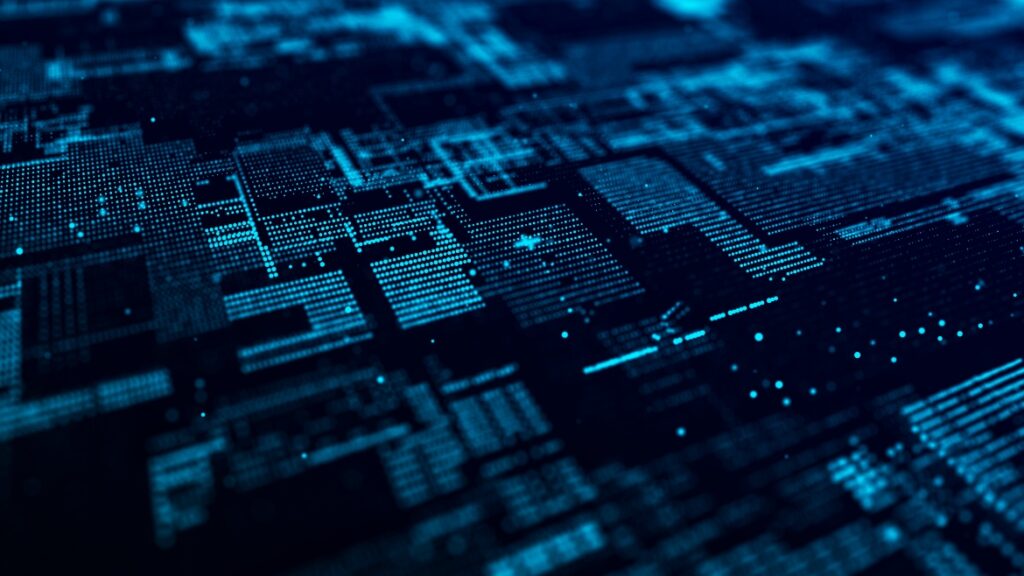Revamping a kitchen is a significant home improvement project that can dramatically enhance the functionality, aesthetics, and value of a home. Whether you are an avid cook or simply enjoy gathering with family and friends, a well-designed kitchen is essential. Here are some stylish and functional remodeling ideas to inspire your next kitchen renovation.

Open Concept Layout
An open concept layout is one of the most popular trends in kitchen remodeling. By removing walls that separate the kitchen from the living or dining areas, you can create a spacious, cohesive environment that encourages interaction and connectivity. This design is especially beneficial for those who enjoy entertaining, as it allows for easier flow and communication between guests and hosts.
Smart Storage Solutions
Efficient storage is crucial in any kitchen. Consider incorporating smart storage solutions to keep your kitchen organized and clutter-free. Pull-out shelves, lazy Susans, and san antonio custom cabinets deep drawers can maximize space and accessibility. Additionally, installing vertical storage for items like cutting boards, baking sheets, and spices can make a significant difference in maintaining order.
Modern Appliances
Upgrading to modern appliances can greatly improve the functionality and efficiency of your kitchen. Energy-efficient appliances not only reduce utility bills but also contribute to a more sustainable home. Look for refrigerators with advanced cooling technology, induction cooktops, and smart ovens that can be controlled remotely. These upgrades not only enhance your cooking experience but also add a touch of sophistication to your kitchen.
Stylish Countertops and Backsplashes
Countertops and backsplashes are focal points in a kitchen, and choosing the right materials can elevate the overall design. Quartz and granite countertops are popular for their durability and luxurious appearance. For backsplashes, consider materials like subway tiles, glass, or even stainless steel for a sleek, modern look. Mixing and matching different textures and colors can create a unique and personalized aesthetic.
Lighting Matters
Proper lighting is essential in a kitchen for both functionality and ambiance. A combination of task, ambient, and accent lighting can create a well-lit space that is both practical and inviting. Under-cabinet lighting is perfect for illuminating countertops, while pendant lights over an island can add a stylish focal point. Additionally, dimmable lights can help set the mood for different occasions, whether it is a lively dinner party or a quiet evening at home.
Eco-Friendly Choices
Sustainability is an important consideration in modern kitchen design. Opting for eco-friendly materials and practices can make your kitchen more environmentally friendly. Recycled materials for countertops, cabinets made from sustainable wood, and low-VOC paints are all excellent choices. Additionally, incorporating water-saving fixtures and energy-efficient appliances can further reduce your kitchen’s environmental impact.
Personal Touches
Finally, do not forget to add personal touches that reflect your style and personality. Whether it is a bold color scheme, unique cabinet hardware, or a custom-built island, these elements can make your kitchen truly one-of-a-kind. Open shelving can also provide an opportunity to display favorite dishes, cookbooks, and decorative items, adding warmth and character to the space.
